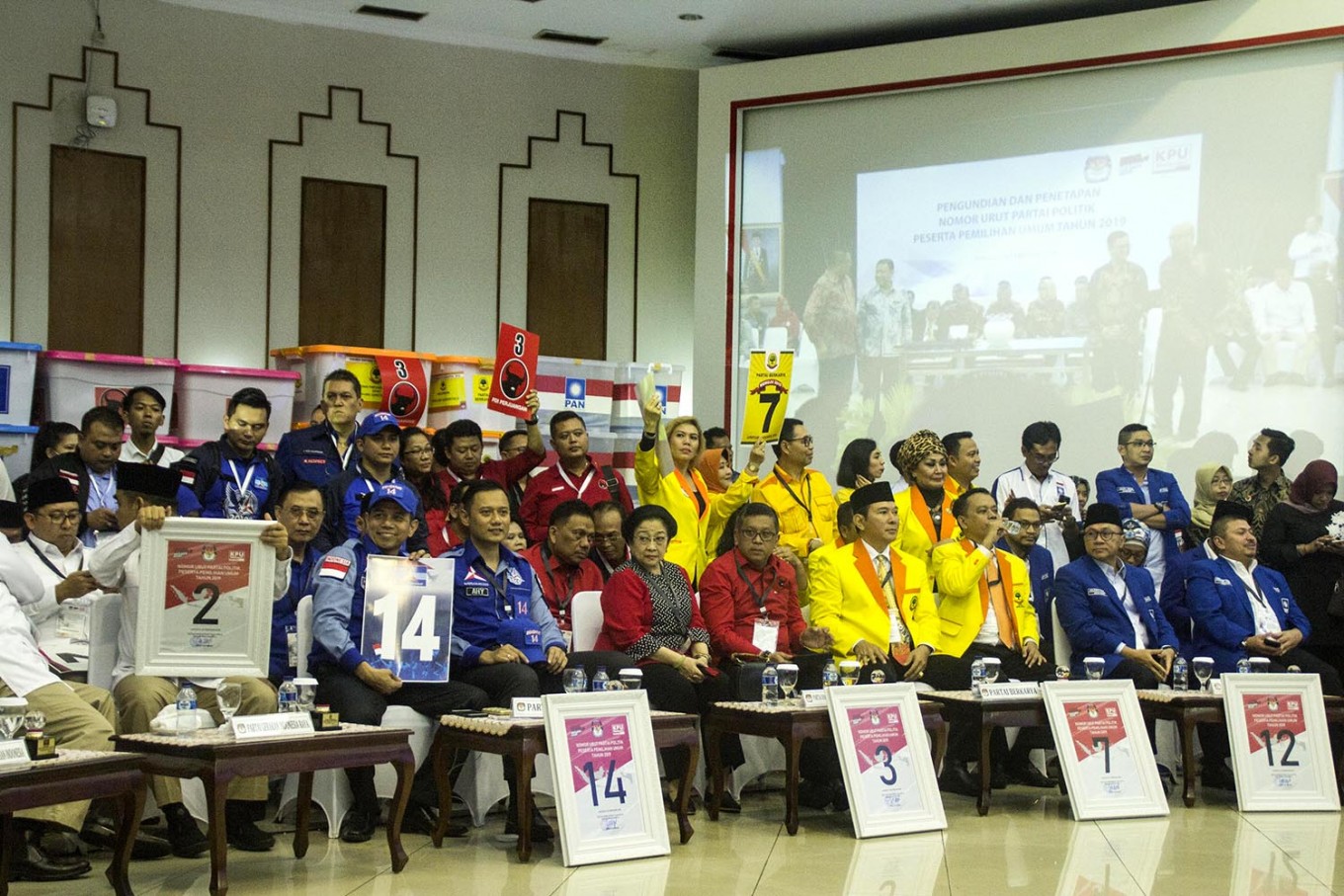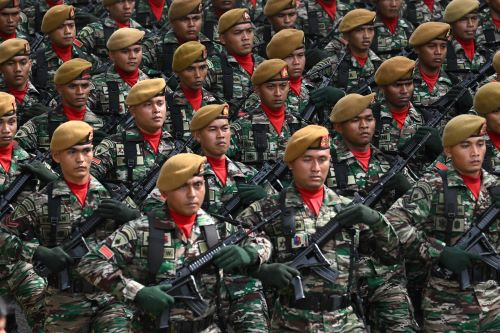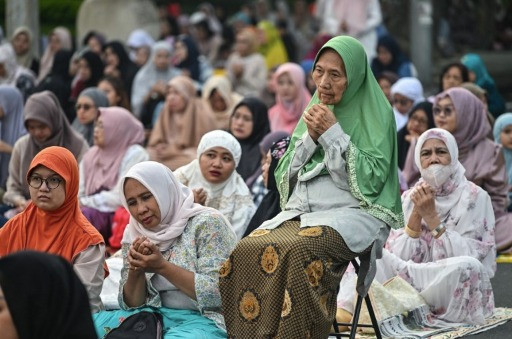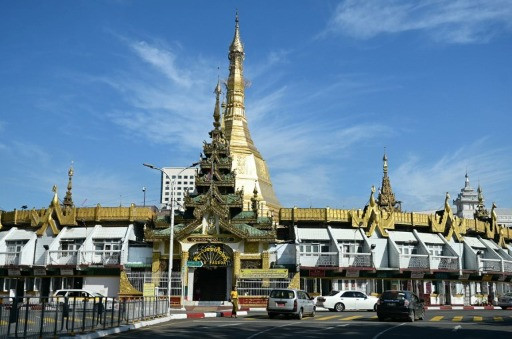EDITORIAL: The more the merrier?
If more parties competing in the elections means greater chances of vote-buying, perhaps a simplification of the political party system should be considered.
Change Size
 Representatives of political parties show their participant numbers for the 2019 general elections at the General Elections Commission office in Jakarta on Sunday, February 18. 2018. (JP/Adeline Sunarjo)
Representatives of political parties show their participant numbers for the 2019 general elections at the General Elections Commission office in Jakarta on Sunday, February 18. 2018. (JP/Adeline Sunarjo)
W
e have now gained certainty that 14 political parties are eligible to compete in the legislative elections to be held on April 17, 2019, together with the presidential election. The number will increase to 16 if the Elections Supervisory Agency (Bawaslu) finds flaws in the way the General Elections Commission (KPU) verified the political parties set to vie for 575 House of Representatives and 136 Regional Representative Council seats.
But one wonders if the upcoming elections will be merrier than the previous edition. In 2014, 12 political parties participated in the elections, but two eventually failed to enter the House because their vote count did not meet the legislative threshold.
What is certain is that competition for seats in the House, the Council and regional legislative councils in 34 provinces and 513 regencies and municipalities will be tougher with more contenders. Hence, vote buying and other dirty tricks could taint the five-yearly circulation of elites as in past elections.
The electoral system requires voters to choose their representatives in the legislative bodies by name, forcing each candidate to beat both competitors from other parties and fellow party members. A survey by the University of Indonesia’s (UI) Institute for Economic and Social Research (LPEM-UI) found candidates, on average, had to allocate at least Rp 1.18 billion (US$87,400) in campaign funds to win a House seat in 2014.
The 2017 Election Law caps individual donations to a political party at Rp 2.5 billion and corporate bodies at Rp 25 billion, up from Rp 1 billion and Rp 7.5 billion, respectively, as stipulated in the previous legislation. The new law, like the old one, does not specifically regulate contributions to individual legislative candidates, although the Corruption Eradication Commission (KPK) has warned it is prepared to charge candidates with accepting gratuities if they fail to report the donations.
With political parties and legislative and presidential candidates spending big, elections will help the economy grow next year; industries will benefit, more jobs will be created and more families will survive the doldrums. Elections bring about merriment to many, albeit temporarily.
However, the elections will not live up to their billing as a golden opportunity to bring about change if vote-buying remains rampant. Elections marred by such practices will only generate corrupt governments and legislatures, which will in turn deprive many people, including voters, of the welfare they deserve.
Transactional politics has long stood between Indonesia and its quest to become a fully fledged democracy. Unfortunately, political parties, which are responsible for political education, justify the practices simply to win as many votes as possible. They have also repeatedly deprioritized integrity in their selection of legislative candidates.
If more parties competing in the elections means greater chances of vote-buying, perhaps a simplification of the political party system should be considered.









